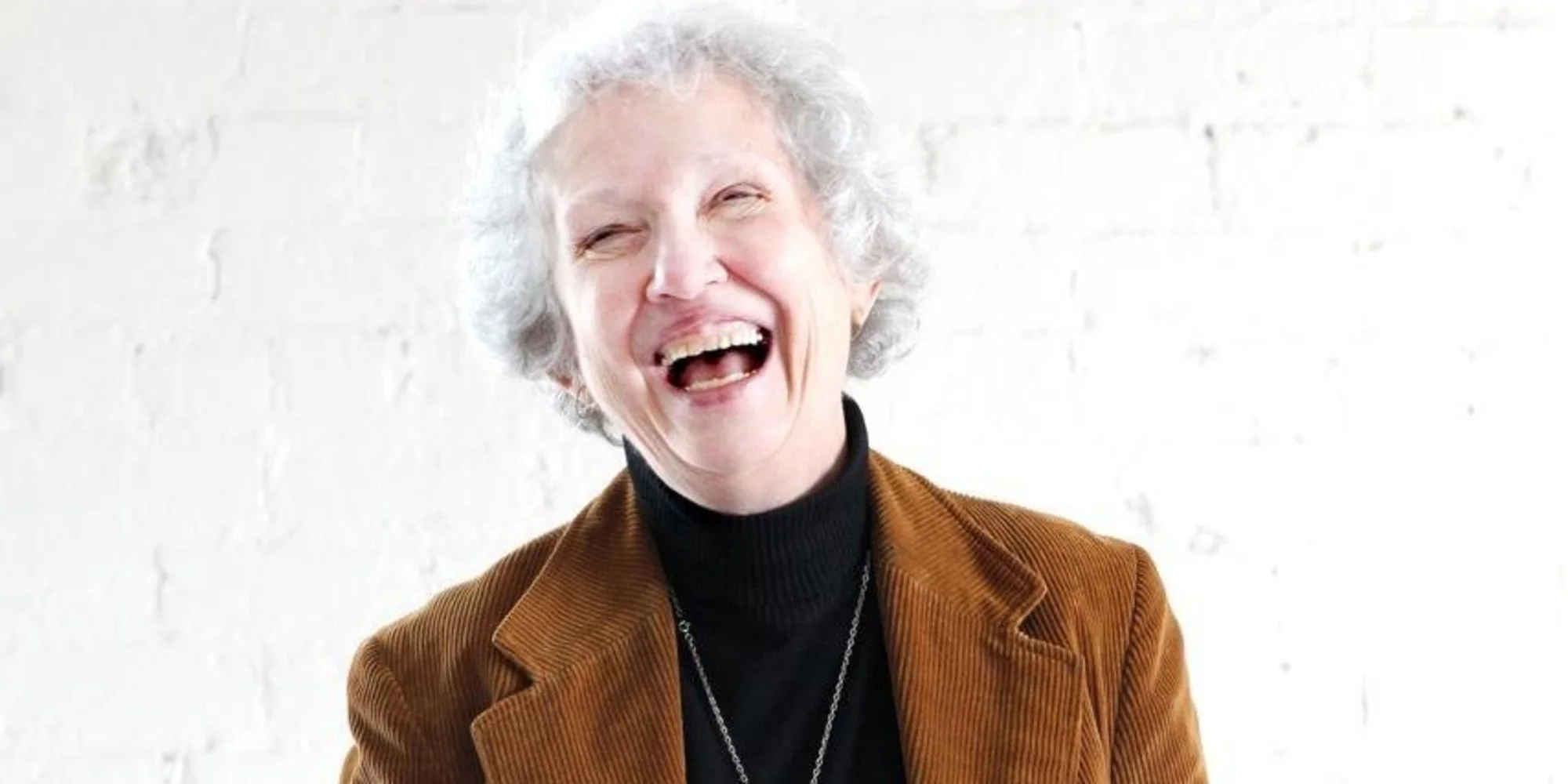Emerging, Emergent, Emergence Part 1: Phyllis Tickle
In part 1 of our interview with Phyllis Tickle, we explore the idea that our culture has been shaped by roughly 500-year cycles, which have helped define our major religious traditions for the past two millennia. According to Tickle, our present epoch - referred to by some as "The Great Emergence" - has the potential to yield a new Christianity distinct from Protestantism, Catholicism, and Orthodoxy.
Also on the program, Katy Scrogin reviews a new study of philosopher Alain Badiou by Hollis Phelps.
About every five hundred years, something really big happens. This is the claim made by our guest, Phyllis Tickle, about human cultures over the last several thousand years. If correct, her analysis can help to explain the major shifts is religious practices in the West - the rise of Christianity from Judaism, the Great Schism, and the rise of Protestantism. Moreover, Tickle claims, we are living in a time of the next major shift: a "new thing" is coming, a distinct form of Christianity that is different from - but related to - Catholicism, Protestantism, and Orthodoxy.
In this two-part conversation, Dr. Tickle and David Dault discuss the problems in defining and naming this new epoch - Emerging? Emergence? Emergent? - and the ways in which non-religious fields like sociology, quantum physics, and nanoscience are shaping our understanding of religious faith in the 21st century.
Phyllis Tickle was the founding editor of the Religion Department of PUBLISHERS WEEKLY, the international journal of the book industry. Tickle is an authority on religion in America and a much sought after lecturer on the subject. She is the author of over two dozen books on religion and spirituality. You can learn more about her work at her website.
Also on the Show
Katy Scrogin reviews the new book by Hollis Phelps, Alain Badiou: Between Theology and Anti-Theology.
From the publisher's description:
"'Alain Badiou: Between Theology and Anti-theology' provides one of the first comprehensive analyses of the relationship between Badiou's philosophy and theology. Examining the full range of Badiou's writings, this provocative study explores how Badiou's philosophy relies on theology even if he claims otherwise and actively attempts to work against theology. Despite the complex questions discussed - ranging across ontology, the theory of truth and the subject, philosophy and its conditions, and anti-philosophy - this book presents a clear and accessible overview of the theological, religious and biblical themes which animate Badiou's philosophy."


![Emerging, Emergence, Emergent: the late Phyllis Tickle [Rebroadcast]](https://images.squarespace-cdn.com/content/v1/566e246f1115e087492f1b21/1487608578359-IDQEL19B3A0PJ4MWNOY3/Tickle_1200x.jpeg)
![Emerging, Emergence, Emergent: Phyllis Tickle [Rebroadcast]](https://images.squarespace-cdn.com/content/v1/566e246f1115e087492f1b21/1503887476076-EPLI2CEMFA0X2I0JSV4H/Tickle_1200x.jpeg)